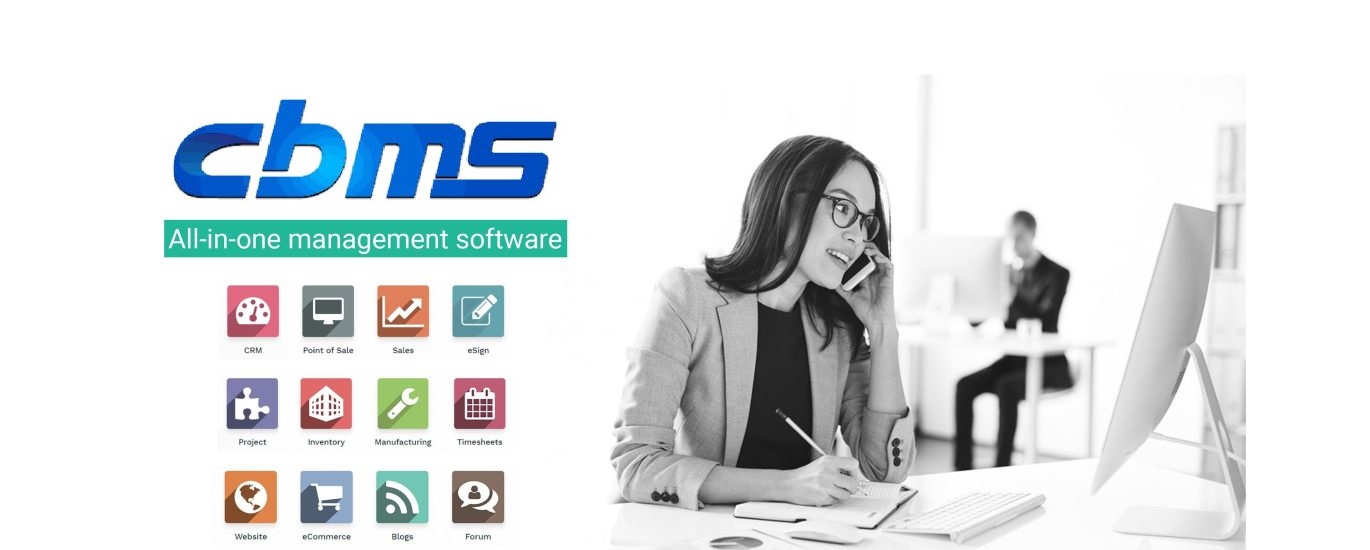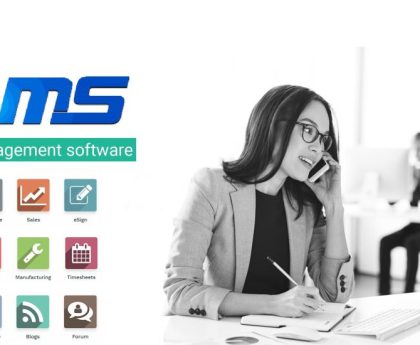An ERP implementation urges a complete commitment from the side of the project team for ensuring the business success. Before implementing an ERP, the team has to critically analyze all the aspects related to business, the issues need to resolve and come out with a strategic planning over the new implementation. In short, for a speedy improvement in business efficiency, there should be a proper execution planning among the project team before implementing an ERP.
If you are looking for an ERP implementation service, CBMS Technologies provides the best Odoo ERP implementation and customization. To know more about us or avail our service, inbox your message info@mycbms.com.



